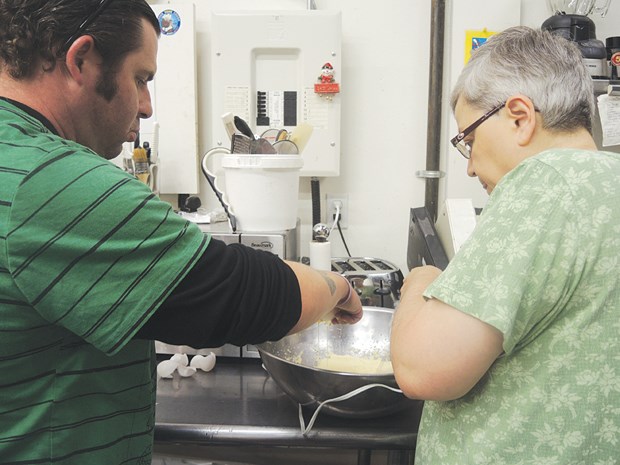Last week, the province’s municipalities gathered for the annual Union of B.C. Municipalities (UBCM) conference in Vancouver. During the convention, the municipalities endorsed a resolution put forth by Maple Ridge to re-open Riverview Hospital, a long-term mental health care facility in Port Coquitlam.
Although the province put the kibosh to that idea last Friday by announcing the hospital will not be re-opening, the resolution still incited fervent discussion.
“I think Riverview provided a good example, and something still needs to happen,” said Mayor Malcolm Brodie. “We need some kind of larger facility to be opened or re-opened to provide residences with an appropriate level of care.”
Brodie said Riverview provided an opportunity for a modernized facility due to its space and location.
The province closed the hospital because it wanted to move away from institutionalization and advance toward a community-based mental health care system. However, there’s been few developments.
“It hasn’t happened yet and it’s been over 20 years,” Brodie said. “At this point, it’s not going to happen, so there needs to be a more concerted effort. I’m not saying something like Riverview is the magic solution to every problem. And I’m not saying nothing has been done in the community, but it’s just not adequate.”
On the other hand, Dave MacDonald, executive director at Pathways Clubhouse, would like to see the province continue its efforts to focus on in-community services, rather than one facility.
“I was very concerned when the re-opening of Riverview was on the table,” he said. “It would have just gone back to institutionalizing people and segregating them. We wouldn’t have this dilemma if the government properly funded enough services in the community.”
Key investments could be made into affordable housing and disability benefits.
MacDonald’s seen, first-hand, the impact precarious housing can have on a member’s mental well being. Longtime member Andy Birch was living precariously along the border of Surrey and Delta before moving to an apartment near Minoru.
“I was on the maximum dose of medication and the stress of my living situation wasn’t helping my mental state,” said Birch. “Some of the side effects of these stronger meds are just horrible, you have trouble speaking, your sex life goes. I found that looking for housing first was really important for me.”
But in order to be eligible for disability benefits provided by the province — a necessity for those who can’t work due to a mental illness — an individual can only earn $800 a month, making it difficult to find good quality housing in a city like Richmond.
On top of that, once he/she starts earning more, the extra has to be given back to the province, reinforcing a cycle of poverty.
“They can only keep that first $800,” said MacDonald. “If most of your money is going to housing, you’re not eating right. It all affects your mental well-being.”
The City of Vancouver recently declared the city in a state of mental health crisis, where it’s only once an individual reaches a crisis state do they receive help. It’s also usually the Vancouver Police Department responding to these calls, rather than a trained health care practitioner.
“We see that happening on a smaller scale here,” said Brodie.
It has many calling on the province to invest more in mental health care in communities. However, given recent cuts — which include cuts to five Vancouver Coastal Health community mental health programs — it seems unlikely to happen.
It has MacDonald worried as Pathways also receives the majority of its funding from the province, via VCH.
“We haven’t been hit yet,” he said. “But we’re holding our breaths.”



